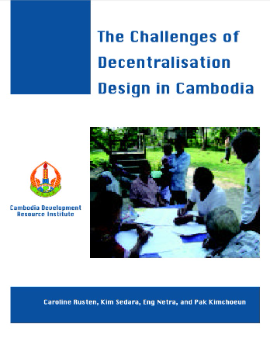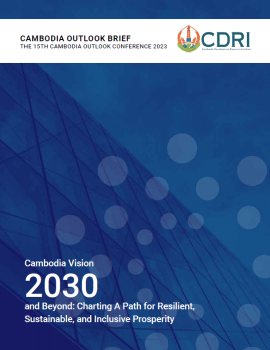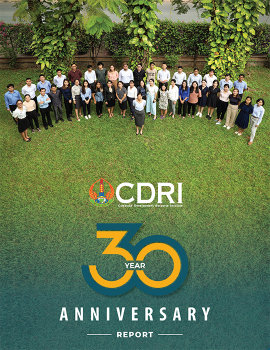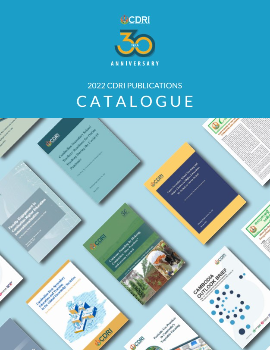
Abstract/Summary
Cambodia embarked on its decentralisation reform with the enactment of two laws in 2001, the Law on the Administration and Management of Communes and the Law on Commune Elections. In 2002 Cambodia held its first free and fair commune elections. The decentralisation builds extensively on the lessons learned through the CARERE/Seila programmes, which were collaborative efforts between the Cambodian government and its donor partners.
The aims of the recently launched decentralisation in Cambodia are to establish a pluralist democracy and reduce poverty. This study therefore sets out to answer what the major challenges are in achieving poverty reduction and building and improving good governance within the current political and institutional environment. The study focuses on three levels: the national level (mainly strengths and weaknesses of the policy environment, and visions and strategies for the reform), central-local relations (how the design itself intends to achieve the aims of the reform) and local-local relations (collaboration between stakeholders in the communes and horizontally between the communes, and autonomy of local government).
This report focuses on challenges faced by the reform. These challenges can be understood only in the light of the achievements of the government in addressing the reform.



